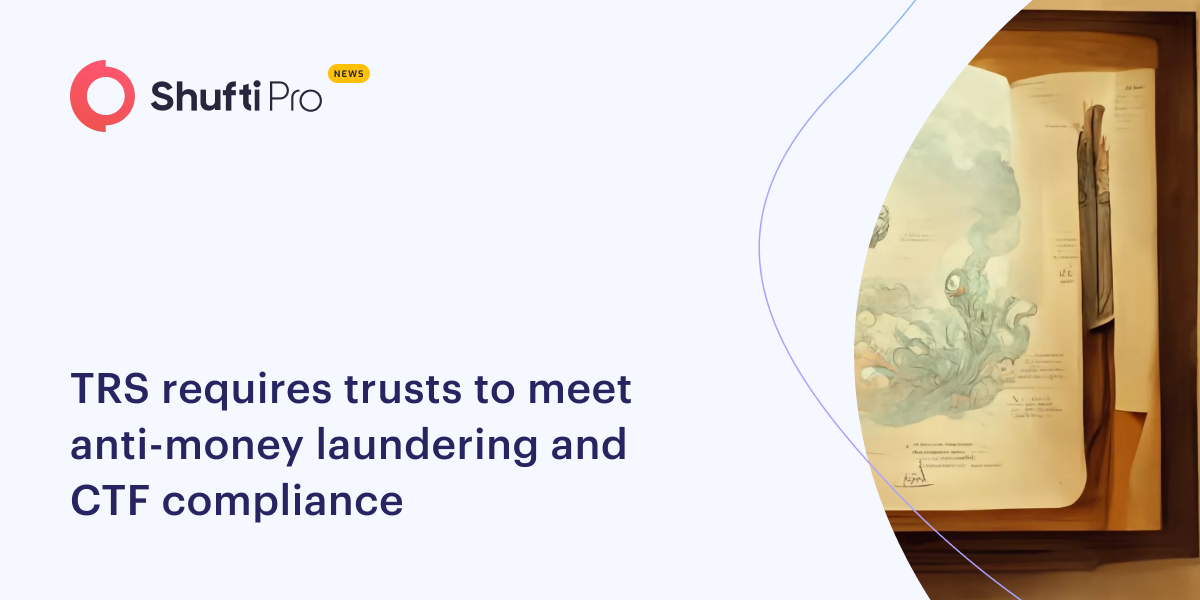TRS Requires Trusts to Meet Anti-money Laundering and CTF Compliance.

As per the new UK government requirements, anti-money laundering and counter-terrorist financing regulations are essential for trust registration.
The UK government has standardized the protocols regarding Anti-Money Laundering (AML) and Counter-Terrorist Financing (CTF) regulations, making them essential for the trust registration process to reduce any possibility of intimidating circumstances. All the trusts that wish to operate in the UK are obliged to get registered with HMRC’s Trust Registration Service (TRS) before 1st September. Money Laundering and Counter Financing of Terrorism compliances are the essentials to have in the trust registration process.
In the past, the trusts subjected to tax were required to fulfil the registration criteria. As TRS has been in place for some time, the previous condition doesn’t apply anymore.
1 September 2022 also marked the commencement of Regulation 30A of the MLRs that imposed multiple perspectives of due diligence requirements on the entities involved in financial services regarding trust customers.
David Hamilton, a financial regulation expert, said, “The extension of the TRS has been a long time coming. The message has started to get through to trustees with a recent FOI request to HMRC, by Canada Life, confirming that 61,692 trusts had been registered in the first six months of 2022. This represents a substantial uplift on registrations in 2021. However, it is estimated that around 1,000,000 trusts need to be registered under the new TRS rules so there is still some way to go.”
HMRC’s stance over the penalties as a response to late registration is that upon first failure to meet the registration deadline, no liability will be issued “unless that failure is due to deliberate behaviour on the part of the trustees.”
Hamilton also warned regarding the regime’s extension that it would add a compliance burden for regulated firms which are in regular business with trusts.
He stated, “Requirements for firms to prove the trust’s registration under the TRS at the outset of the business relationship can create issues for a firm where, for example, it sells an investment product that is placed into a non-exempt trust. The trustee, whose responsibility it is to register the trust with the TRS, may not know of their obligation to register under the MLRs – which has the potential to create issues for the firm when conducting their customer due diligence.”
Suggested Read: Senate Reveals a 12-Year-Old Loophole Targeted by Americans to Cheat IRS











